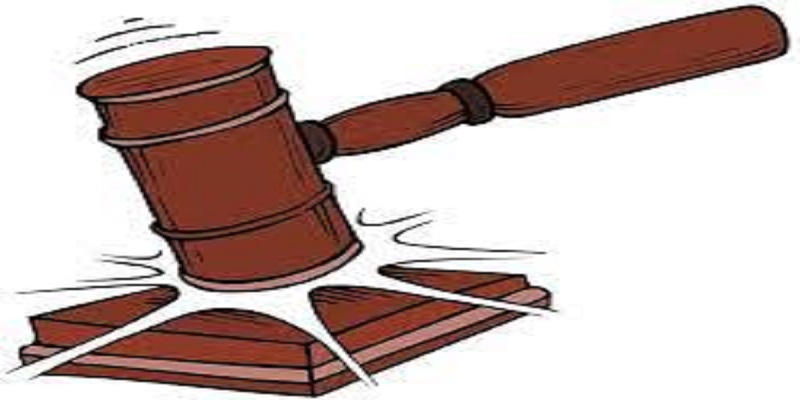The Legal Framework Order of 1970
The Legal Framework Order (LFO) of 1970 holds significant historical and constitutional importance in the context of Pakistan. It played a pivotal role in shaping the country's governance structure and determining the powers and functions of various institutions. In this detailed exploration, we will delve into the key provisions, historical background, and implications of the Legal Framework Order of 1970.
Background:
To understand the Legal Framework Order of 1970, one must grasp the historical context in which it emerged. In 1970, Pakistan was undergoing a tumultuous period marked by political unrest and a demand for greater autonomy by its provinces. The general elections held in December 1970 resulted in a clear mandate for the Awami League, led by Sheikh Mujibur Rahman, in East Pakistan (now Bangladesh). However, the political dynamics and power struggles between East and West Pakistan led to a constitutional crisis.
In this crisis, President Yahya Khan issued the Legal Framework Order on March 30, 1970, just a few days before the scheduled inaugural session of the National Assembly. This order was an attempt to address the constitutional vacuum and define the structure of the government.
Key Provisions:
- Bicameral Legislature:
The LFO established a bicameral legislature, consisting of the National Assembly and the Senate. It delineated the distribution of seats among the provinces, attempting to strike a balance between the two wings of the country.
- Powers of the President:
The President was granted certain powers, including the authority to appoint the Prime Minister and dissolve the National Assembly under specific circumstances. However, these powers were subject to the advice of the Prime Minister.
- Provincial Autonomy:
The LFO aimed to address the demand for greater provincial autonomy by creating a system where provinces had more say in their internal affairs. It allowed provinces to have their own Governors and cabinets.
- Martial Law and Emergency Provisions:
The order included provisions related to martial law and emergency situations, granting the President the authority to declare a state of emergency under certain conditions.
- Legal Immunity for Martial Law Authorities:
Notably, the LFO provided legal immunity to those who acted under the authority of martial law. This raised concerns about accountability and the protection of citizens' rights.
- Islamic Provisions:
In line with Pakistan's identity as an Islamic republic, the LFO incorporated certain Islamic provisions. It stated that no law would be enacted that is repugnant to the Quran and Sunnah.
Implications and Criticisms:
- Constitutional Legitimacy:
The Legal Framework Order of 1970 faced criticism for being promulgated by a military regime and not by a constitutionally elected body. This raised questions about its legitimacy and adherence to democratic principles.
- Centralization of Power:
While the LFO aimed to decentralize power by giving more autonomy to provinces, it also concentrated significant power in the hands of the President. Critics argued that this could undermine the principles of democracy and lead to authoritarianism.
- Provincial Autonomy Challenges:
The attempt to grant more autonomy to provinces faced challenges, especially in the context of East Pakistan. The political dynamics and discontent in East Pakistan eventually escalated into the Bangladesh Liberation War in 1971.
- Martial Law Concerns:
The provisions related to martial law and legal immunity for martial law authorities were contentious. Critics argued that such provisions could be misused to suppress dissent and violate citizens' rights.
Aftermath and Repeal:
The Legal Framework Order of 1970 did not bring stability to Pakistan. Instead, it contributed to further political turmoil and eventually the disintegration of the country. The events leading to the independence of Bangladesh in 1971 prompted a reevaluation of the constitutional framework.
The LFO was repealed, and Pakistan transitioned to a new constitution in 1973. The Constitution of 1973 addressed many of the shortcomings of the Legal Framework Order and provided a more comprehensive and democratic framework for governance.
The Legal Framework Order of 1970 remains a crucial chapter in Pakistan's constitutional history. It reflects the challenges and complexities of the time, marked by political instability, regional disparities, and the struggle for autonomy. While the order attempted to address constitutional gaps, its shortcomings and controversial provisions contributed to a tumultuous period in the nation's history. The subsequent repeal and the adoption of the Constitution of 1973 underscored the importance of a constitution formulated through a democratic and inclusive process.

